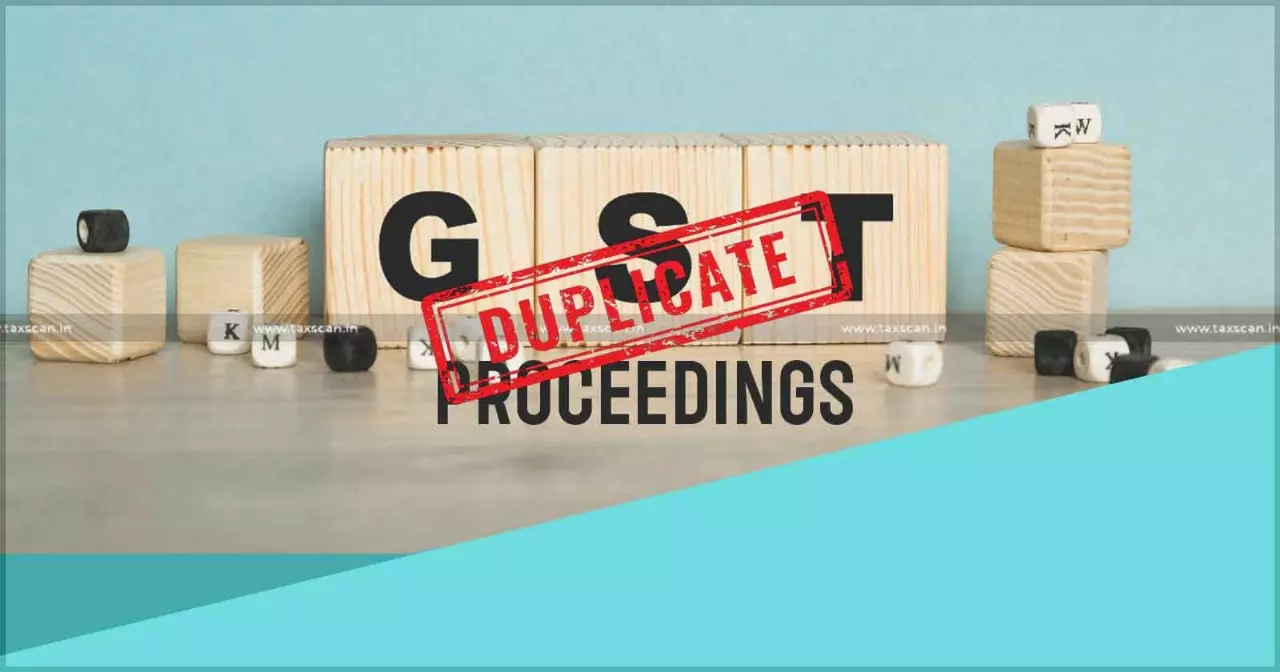Duplication of GST Proceedings on Same Matter: Kerala HC Quashes Rejection of Rectification Request Filed by Mail
"Such A Serious Error was Clearly Pointed Out", Kerala HC noted

In a significant ruling, the Kerala High Court has quashed an order-in-original issued against an already adjudicated issue and the rejection of a rectification request under Section 161 of the Goods and Services Tax (GST) Act, observing that the error in question was “apparent on the face of record” and should have been rectified regardless of the manner of submission.
The petitioner had challenged two contradictory orders issued for the same assessment year—2017–2018—by different officers of the State GST Department. The first order, dated December 8, 2023 (Ext.P7), had dropped the proposed tax demands after accepting the petitioner’s reply to the show cause notice. However, a second order dated December 30, 2023 (Ext.P8) revived the very same allegations and passed an adverse order, effectively duplicating the proceedings on the same issue.
Upon realizing the discrepancy, the company submitted a rectification request by email on February 1, 2024 (Ext.P9), within the six-month time limit prescribed under Section 161 of the GST Act. Despite this, the second respondent—the State Tax Officer—rejected the request (Ext.P14) in January 2025, citing that it was not filed through the designated GST portal and hence not valid.
Stay Updated with the Latest Audit Report Formats & Audit Trials Requirements!, Click Here
Justice Ziyad Rahman A.A., delivering the judgment, held that the rejection was unsustainable. “When such a serious error was clearly pointed out before the competent authority, within the statutory period, such authority could not have refrained from invoking the powers of rectification,” the Court observed.
It was noted that rectification under Section 161 is not strictly limited to formal applications submitted via the portal but can also be initiated suo motu by the officer when an error is brought to their notice.
The Court further noted that both show cause notices underlying Ext.P7 and Ext.P8 dealt with the same alleged discrepancies. Since Ext.P7 had already accepted the explanation and concluded the matter, issuing Ext.P8 was unjustified and amounted to duplication. “This results in two mutually conflicting orders passed on the same issue by officers of the same department,” the Court stated.
By quashing both Ext.P8 and Ext.P14, the High Court effectively reaffirmed that procedural rigidity must not override substantive justice.
"After completing adjudication, the authority issued an order-in-original. For the same cause again., new SCN issued. Without considering reply, another Adjudication authority issued new Order-in-original. The assessee's rectification application was rejected by the adjudicating authority on technical grounds. However, the Kerala High Court quashed the order-in-original itself", Advocate K S Hariharan, who appeared for the petitioner told Taxscan.
The ruling also reinforced the taxpayer’s right to have apparent and admitted errors corrected, even when technical guidelines like the use of specific filing portals are not strictly followed.
Support our journalism by subscribing to Taxscan premium. Follow us on Telegram for quick updates


